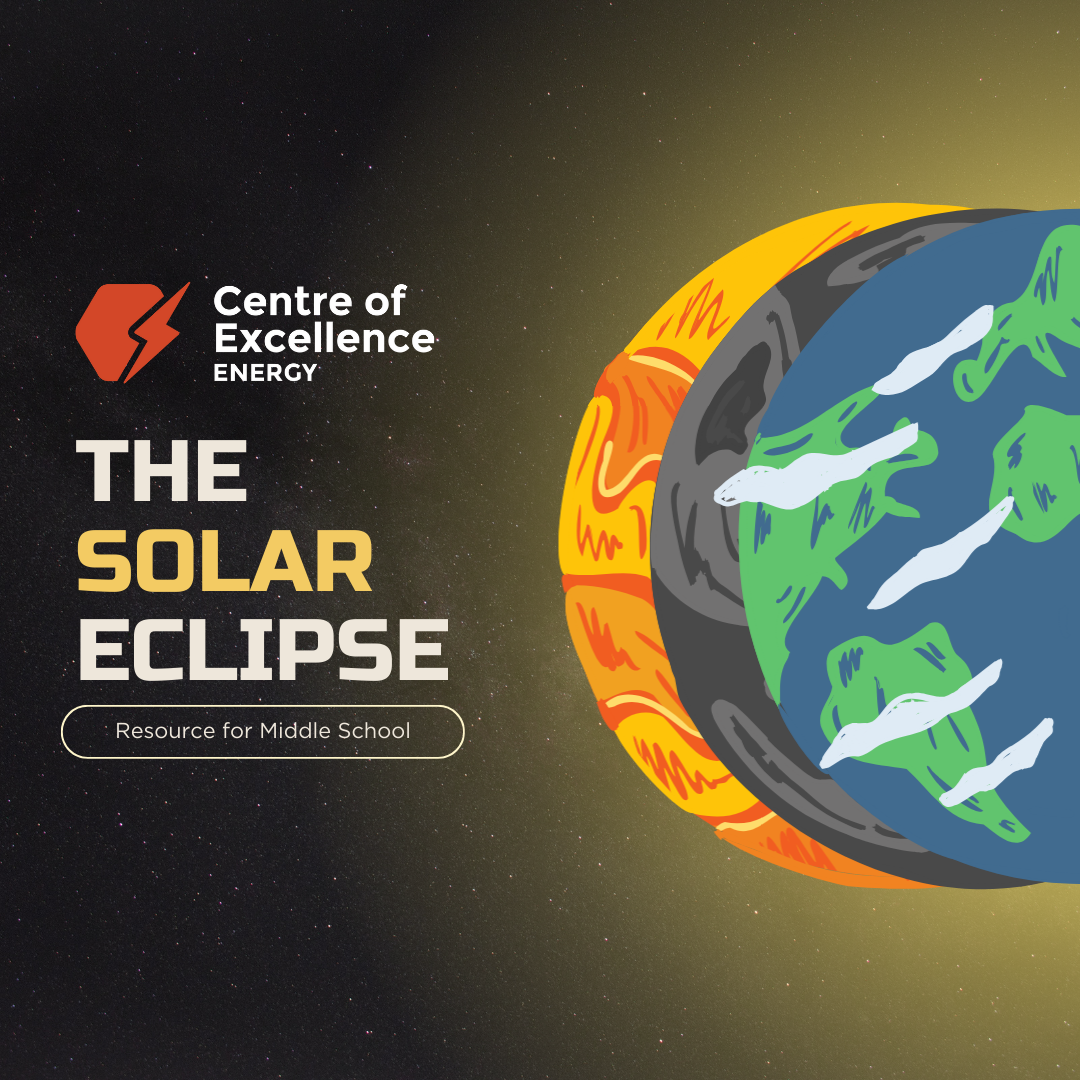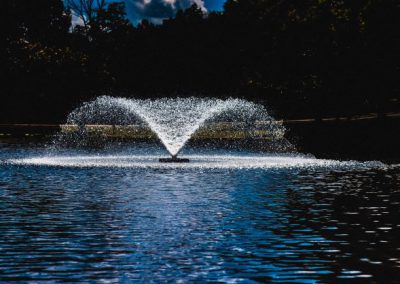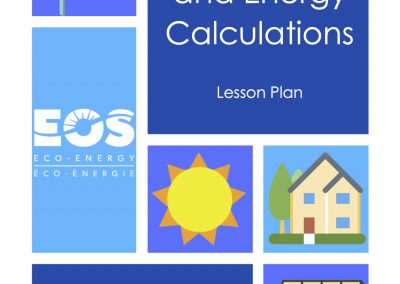*French Resources Available as Attachments
Overview
Students will explore the phenomenon of a solar eclipse by first reading a picture book that introduces the sun and its properties. Building upon this foundational knowledge, students will engage in a hands-on activity, constructing a Solar Eclipse Projector using recyclable materials and stationary items.
This resource is designed to coincide with the solar eclipse expected in April 2024. It complements the content found in the picture book “Sun! One in a Billion” by Steve McAnulty & Stevie Lewis, accessible on Sora. Throughout this lesson, the 5E inquiry instructional model is implemented to enhance the learning experience.
NB Curricular Connections
Science 6-8
- Strand: Scientific Literacy – Big Ideas: Investigation; Sensemaking
- Strand: Learning and Living Sustainably – Big Idea: Responsible and Sustainable Application
What You’ll Need
- Word Wall Document (attached)
- Procedural Writing Worksheet (attached)
- Old boxes – shoe boxes work great! one / student group.
- Packing Tape or Scotch tape
- Aluminum Foil
- White paper
- Scissors
- A couple of dozen strands of dry spaghetti
Instructions
Engage
Pre-Reading:
- KWL Chart/Tableau SVA: Create a KWL Chart/Tableau SVA either on Whiteboard or Interactive Board with the topic, “The Sun and the Solar Eclipse/Le Soleil et l’éclipse solaire”.
- Think-Pair-Share/Pense-Paire-Partage: Have learners reflect on what they know about the topic and what they would like to know. They may complete this as a Think-Pair-Share activity, or a Write-Pair-Share activity using the KWL Chart worksheet.
- MLL Strategies: As students organically use vocabulary words from Word Wall, ensure that the respective vocabulary word is presented and posted prominently. Ensure any remaining vocabulary words are presented to learners prior to reading.
During Reading:
- Read Aloud : Read Sun! One in a Billion/Moi, le Soleil: Unique parmi des milliards, focussing on comprehension. As students are listening, they can add to what they still wonder and have learned on their KWL Chart.
- Model Reading Strategies: As you are reading, (1) connect with what learners have discussed during pre-reading, and (2) refer to word wall to build vocabulary.
Post Reading:
- Write-Pair-Share/Écris-Paire-Partage : Have learners write what they learned from the book and connections they have made to their prior knowledge. Encourage them to also continue asking questions in the Wonder/W column. Share with the class and add findings to class KWL chart.
- Consolidation: Inform students about the upcoming eclipse. They will use their prior knowledge to develop new understanding by watching the following:
- Reflection: Students can reflect on this learning episode using the “Tic-Tac-Toe Reflection” resource.
Explore
Before Viewing:
- Inform learners that there will be an upcoming solar eclipse. Present the essential question, “How can I safely view the solar eclipse”? Remind students that it is extremely dangerous to look directly at the sun.
- Review expectations for procedural writing:
- Write instructions as if they were given to students in the grade below, or someone who has never watched the instructional videos
- Label all diagrams so readers understand better
- Include specific step-by-step instructions
- If not using numbered lists, use sequence words (educator may want to review)
During Viewing:
- Encourage learners to sketch a diagram of the pinhole projector. Encourage students to use rulers and label their diagrams.
Post Viewing:
- Complete the Procedural Writing activity on how to construct solar eclipse pinhole projector.
- Once students have satisfactorily completed their procedural writing. Have them build their projectors. Encourage them to test and make improvements to their devices using lighting in the classroom.
Explain & Extend
- Discuss how students constructed, tested and improved their devices.
- Discuss how the devices could be further modified in preparation for the solar eclipse.
- Use the device to observe the eclipse. Educator may encourage learners to record observations.
Evaluation
- Complete final reflection activity with students. This activity can serve as a pre-writing model for a reflection text.
Extension Ideas
- See above for extensions.
Reflection Activity
Global Competencies
The Global Competencies are the skills, sets of knowledges, and attitudes of a well-rounded person. They cross disciplines and contexts, and enable a person to thrive in local, virtual, and global communities.
- Critical Thinking and Problem Solving
- Innovation, Creativity and Entrepreneurship
- Sustainability and Global Citizenship
Acknowledgments
This resource was created in conjunction with Anthony Nolletti at EECD




